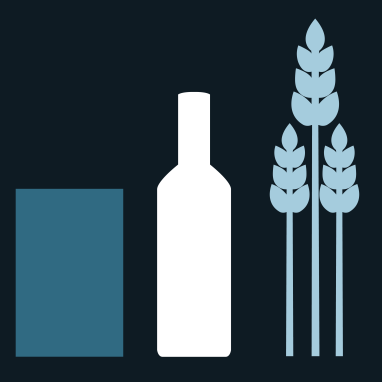Developing in the Law of Organics: Updated Realities
by Joe Lederman © November 2006
BALDWINS – FoodLegal
Australian Food Lawyers & Consultants
This 1950-word article updates our earlier analysis from the October 2005 edition of the FoodLegal Bulletin. Specifically, we canvass developments in the push to formulate a national organic standard, compare the Australian experience with the situation existing overseas, and explore the choices and prospects for the Australian organic food industry in attaining the objective of giving the word ‘organic’ a legally binding meaning.
Background
In October 2005, our FoodLegal Bulletin article ‘The Realities of Organic Legalities’ reported that the Australian organic sector had united under the banner of its peak industry association the Organic Federation of Australia (“OFA”) and had voted to pursue a collective approach to organic certification and labelling in Australia. The article highlighted that, at that time, there was still:
“…no separate specific Standard within the Australia New Zealand Food Standards Code (“the Food Standards Code”) to prescribe specific requirements for labelling claims, processing requirements, addition of food additives and processing aids for “organic” foods…”
and that the industry continued to rely on an April 1998 Australian Quarantine Inspection Service (“AQIS”) document. This National Standard for Organic and Biodynamic Produce (edition 3.2) is applicable only in regard to the export of Australian organic produce and products. It is not mandatory but has served as a non-legally binding guide for Australian organic produce and products sold within Australia.
In the meantime, there has been no change in the Food Standards Code to introduce a specific separate Food Standard that deals with “organic” foods.
Developments
AQIS Withdrawal in 2007
Responding to changes in European Union regulations, namely the relaxation of EU standards on government to government organic certification (the EU will now allow non-government certification), AQIS has indicated that it no longer wants to be responsible for organic certification and labelling. It is envisaged that AQIS will withdraw from maintenance and administration of the National Standard for Organic and Biodynamic Produce (edition 3.2) sometime in 2007.
Who will Oversee Organic Certification?
This means that the weak regulation that currently exists in the organic sector will itself be effectively terminated, and that there will be no regulation unless someone with legal power to enforce a new standard can fill the vacuum left by AQIS’s withdrawal. The industry will become even more vulnerable to fraudulent and uncontrolled uses of the word “organic”, or the organic movement itself might become more vulnerable to internal politicking and dissension over who sets and maintains organic standards.
A Philosophical Movement Compromised by Modernisation?
The line between “organic” and non-organic production has blurred. Historically, organic food was food that had been grown without the use of conventional pesticides or artificial fertilisers and extended to the rearing of animals without routine recourse to antibiotics and growth hormones. These practices have in fact been adopted by many mainstream farmers. Moreover, many organic growers have been drawn into agricultural practices that now include supplementation of the soil in some areas with so called ‘natural chemicals’. Whereas organic farmers were amongst the pioneers who developed farming practices that promoted environmental sustainability, many of these practices have also been adopted by non-organic farmers.
Furthermore, food and beverages are being sold as foods that have been grown organically but some food suppliers have failed to recognise that a processed food product might cease to be perceived by consumers as “organic” once preservatives or other additives have been added. For example, it is becoming common to see “orange juice made from organic oranges” being sold with preservatives such as potassium sorbate.
Different “organic food” suppliers therefore now disagree on the very meaning of “organic”. It is also difficult to prevent people from using the word “organic” as a food descriptor if nobody is in the legal position to determine what must not be described as “organic”.
An Australian Organic Standard
To rectify this situation while avoiding direct government control, the OFA applied to the independent non-government industry standards development body Standards Australia in January 2006 to begin the process of formulating an Australian Organic Standard. The process was believed at that time to be likely to take at least two years to complete.
The OFA has claimed that there are a number of benefits to pursuing a uniform labelling and certification system via Standards Australia. It states that:
...
